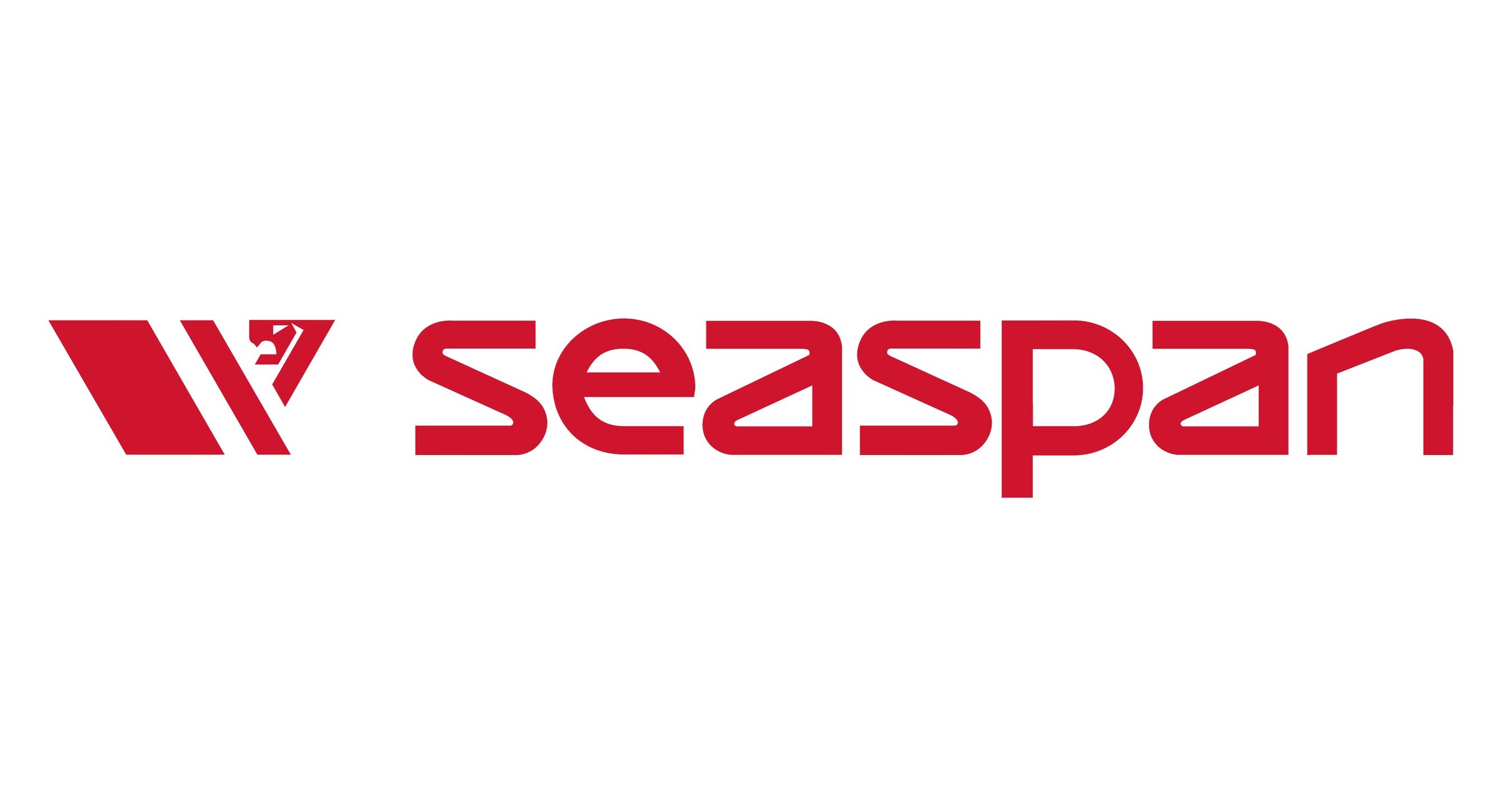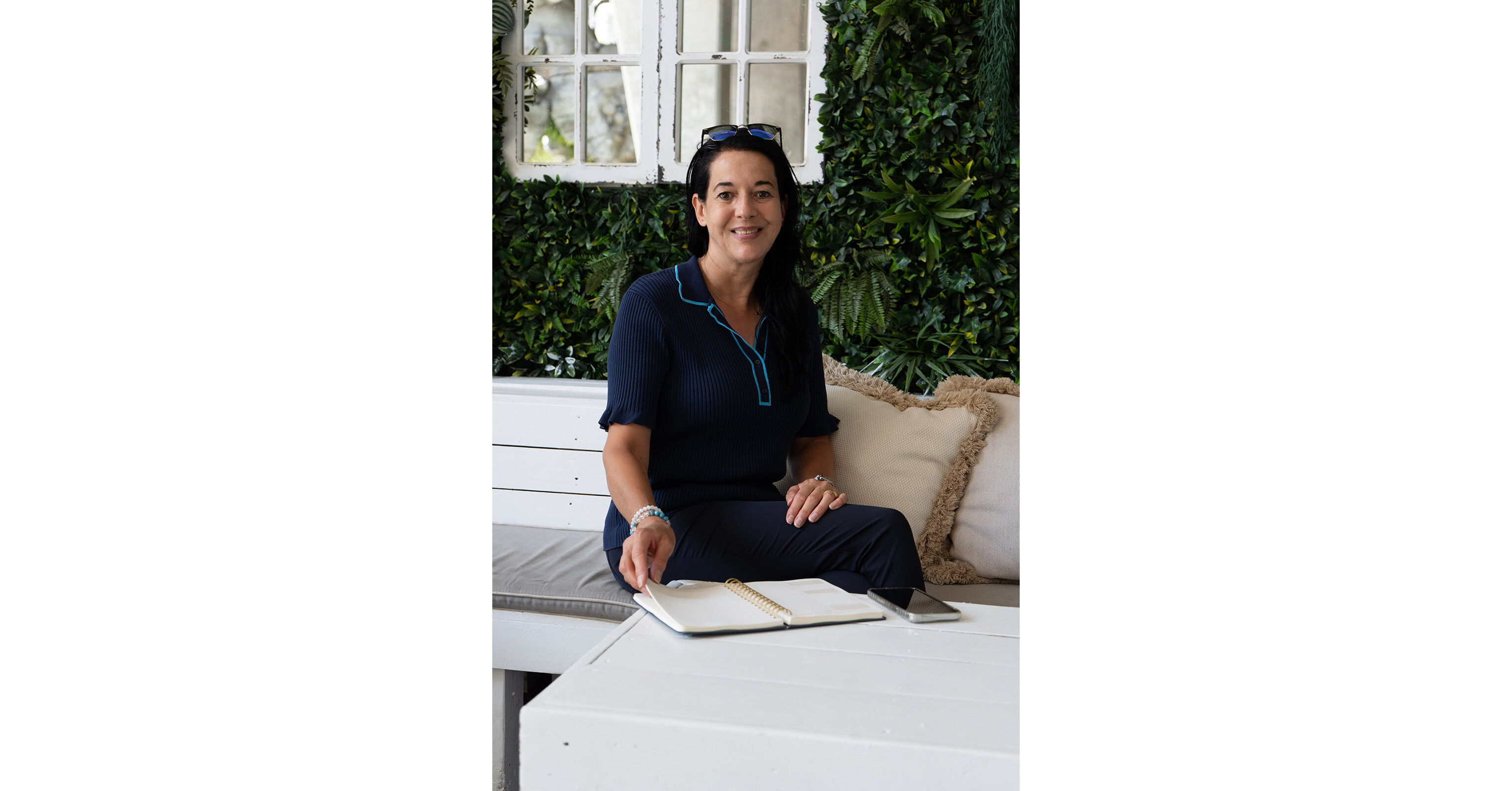Digital Technologies Reviving Historical Markets and Family Businesses
Digital technologies are revitalizing historical markets, family enterprises, factories, and warehouses. This trend is vividly illustrated in the second episode of the documentary series “Being Digi-Sapiens” from Warner Brothers Discovery in partnership with Huawei.
The second episode, “Connecting with Others,” follows Swedish inventor, robotics expert, and YouTuber Simone Giertz as she travels across Europe to witness how technology is transforming everyday life.
Malaga, Spain: Universal Wi-Fi as the Foundation of a Smart City
The city council of Malaga has partnered with Huawei to lay the groundwork for a smart city by providing free public Wi-Fi at one of the oldest public markets in Malaga. At the Mercado de Atarazanas fresh produce market, dating back to the 14th century, stable Wi-Fi connectivity now enables vendors to take online orders and use digital platforms for invoicing and payments.
Free Wi-Fi is convenient for market visitors, especially for foreign tourists who might otherwise incur expensive roaming charges. In addition to convenience, Wi-Fi opens up new opportunities for vendors. Online connectivity allows them to serve customers outside of business hours and conduct business beyond their immediate geographical area, even selling products in other cities. The establishment of a Wi-Fi network in Malaga will encourage entrepreneurs to start new businesses, stimulating the city’s economy.
Huawei’s technology, including Atarazanas, supports 15 markets in Malaga as one of the initial steps in the city’s digital transformation. Alicia Izquierdo, innovation advisor at the Malaga city council, says, “Next, we will launch a market platform where all businesses in the market can engage in online commerce. The city of Malaga is becoming a smart city.”
Landau, Germany: Transforming a Traditional Winery with 5G
In Germany, Simone visits the family winery Lergenmüller. Julia and Victoria, the third-generation owners, explain how technology has simplified the wine production process by tracking the work done and tasks remaining on each of the hundreds of vineyard plots on the estate.
European Commission President Ursula von der Leyen has called rural areas the “heart of our economy,” and the Lergenmüller winery illustrates her point of view. 5G enables farmers at the winery to monitor everything from soil moisture to pest damage. Information is uploaded to the “Vineyard Cloud,” where it is analyzed by artificial intelligence.
Some European countries have faced rapid population decline and are trying to attract digital nomads to swap big cities for rural areas. Success partly depends on factors like digital infrastructure. Offering the opportunity to work in a tech-savvy organization instead of a traditional farm is a way to lure them back.
Valvek, Netherlands: Low-Latency 5G-Based Robots
At the KLG logistics center in Valvek, Netherlands, Simone observes robots working on 5G-based autonomous machines in one of Huawei’s key supply and logistics centers in Europe. The robots perform repetitive and potentially risky tasks, such as stacking transport pallets on high shelves.
Despite concerns about the threat robots may pose to employment, warehouse workers told Simone they are happy to have machines performing such tasks for them. Research shows that robots are more likely to take on individual tasks rather than entire jobs, potentially enhancing the health and safety of workers by handling routine or dangerous work that people would prefer to avoid.
For the full video, visit: “Being Digi Sapiens,” Episode 2: “Connecting with Others” | Discovery x Huawei (youtube.com)





